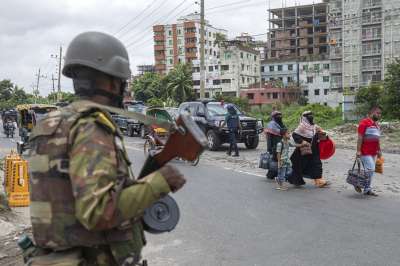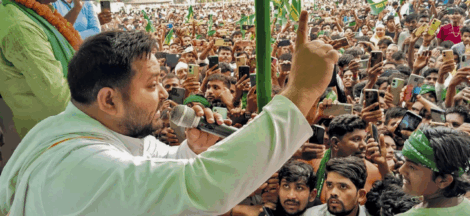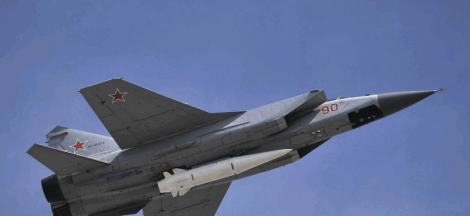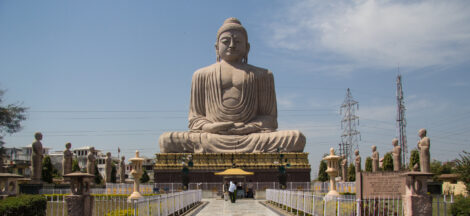West Bengal Chief Minister Mamata Banerjee has sharply criticized the Ministry of External Affairs (MEA) following its objection to her recent remarks about offering shelter to refugees from Bangladesh. Banerjee’s comments, made during a public address, suggested that West Bengal would continue to provide refuge to those fleeing conflict in neighboring Bangladesh, sparking controversy and diplomatic friction.
The MEA swiftly responded, expressing concerns that Banerjee’s statements could affect diplomatic relations and might not align with India’s official stance on the refugee issue. The ministry emphasized that such remarks could create confusion and undermine ongoing efforts to manage international relations and border security effectively.
Banerjee’s response to the MEA’s objection was unequivocal. She accused the ministry of overstepping its bounds and undermining the humanitarian efforts of her administration. She defended her stance by highlighting the historical context of West Bengal’s support for refugees, citing the state’s role in offering sanctuary to individuals displaced by political turmoil and natural disasters in the past.
The Chief Minister also criticized the central government for what she described as a lack of sensitivity to the humanitarian aspects of the refugee crisis. Banerjee argued that her remarks were intended to showcase West Bengal’s commitment to humanitarian values, not to challenge the central government’s policies. Her comments reflect a broader tension between state and central authorities over how to handle refugee issues and border management.
This public spat between Banerjee and the MEA is part of a larger trend of rising regional tensions within India, where state leaders increasingly find themselves at odds with central policies. The debate over refugee policy highlights the challenges faced by India in balancing national security concerns with humanitarian responsibilities.
Banerjee’s stance has garnered support from various quarters, including human rights organizations and some political allies, who argue that her approach is a reflection of moral and ethical considerations. They contend that offering refuge to those in need aligns with broader humanitarian principles and historical precedents in the region.
Conversely, critics of Banerjee’s position warn that her statements might have unintended consequences, potentially complicating diplomatic relations with Bangladesh and affecting bilateral cooperation on issues of mutual interest. They argue that while the humanitarian aspect is crucial, it must be balanced with considerations of national security and diplomatic protocol.
The MEA’s position underscores the complexities of managing international relations in a globalized world, where actions and statements can have far-reaching implications. The ministry’s response suggests a cautious approach, aiming to maintain a balance between humanitarian concerns and diplomatic relations with neighboring countries.
As this situation evolves, it will be important to monitor how the central government and state authorities navigate the delicate balance between humanitarian support and diplomatic protocols. The ongoing discourse reflects the broader challenges India faces in addressing refugee crises while maintaining stable and constructive international relations.
The debate between Mamata Banerjee and the MEA is indicative of the broader discussions about the role of regional and national authorities in addressing global humanitarian issues. It underscores the need for a coordinated approach that respects both humanitarian principles and diplomatic sensitivities.




 Punjab Governor Says He Will Visit Border Districts Even If CM ‘Feels Bad’
Punjab Governor Says He Will Visit Border Districts Even If CM ‘Feels Bad’ 